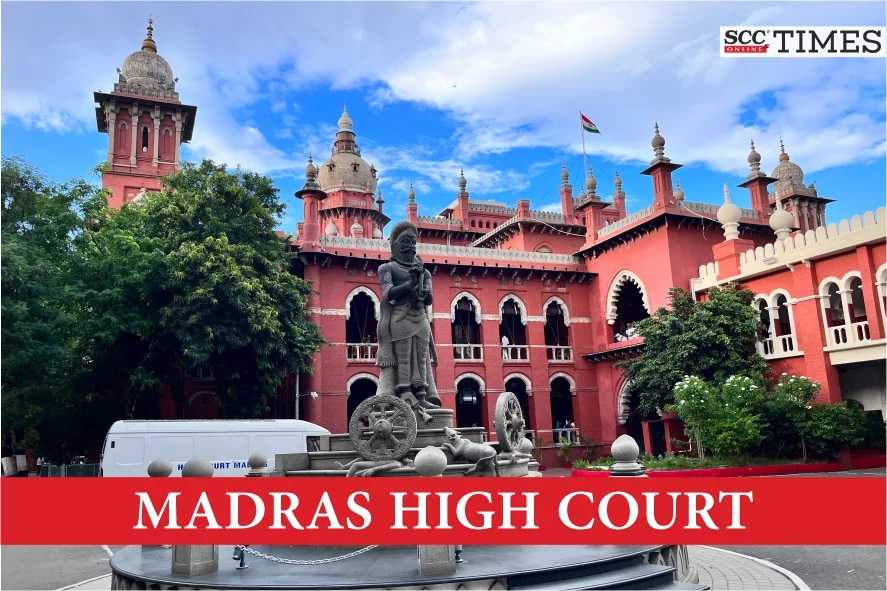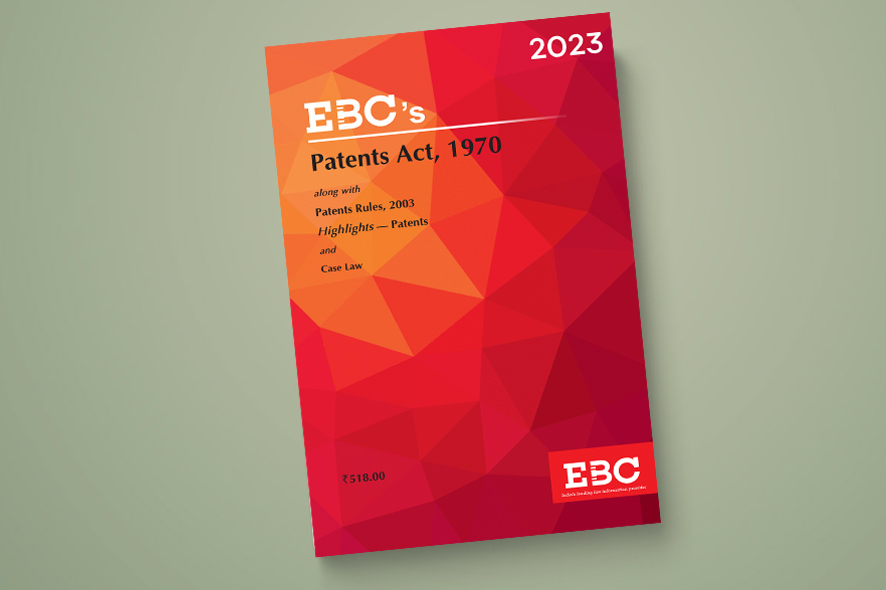Madras High Court: In a writ petition filed challenging the recommendations of the Opposition Board constituted under Rule 56 of the Patent Rules, 2003 and to quash the same, N. Seshasayee, J. while setting aside the impugned order, directed the Controller to decide the two applications filed by the petitioners/patentees after holding an hearing on them, and forward the papers to another Opposition Board for making its recommendations.
Facts:
The petitioners/patentee are international pharmaceutical companies. On 02-05-2006, they had applied for patenting one of its inventions, and this application invited as many as four oppositions and the Patent Controller had rejected all the four oppositions and granted patent to petitioners’ invention on 01-07-2020. In terms of Section 43(2) of the Patents Act, 1970, on 03-07-2020, the patent granted to the petitioners was published. Zydus had filed its notice of opposition plus its written statement but did not choose to file any evidence. The petitioners had filed their reply statement with seven evidences from the experts. Alongside, the petitioners have also taken out an application under Rule 60 of the Patent Rules seeking the leave of the Controller of Patents & Designs for producing further evidence.
Thereafter, Zydus filed its rejoinder which comprises of two evidences from the experts. These documents were not filed along with the written statement. In terms of Rule 59, an opponent is entitled to file only such evidence as is necessary to meet the evidence produced by the patentee. There is no procedural space for filing any re-joinder. The petitioners had taken out another application, wherein it objected to the re joinder filed by Zydus, but it heard nothing from the Controller on this petition.
The petitioners had filed an application under Rule 60, seeking leave of the Controller for producing further evidence. It alleged that the Controller sat over this application without passing any orders. It is in these circumstances without any intention to take any further chance in the matter, the petitioners filed two further evidences.
Analysis:
The Court noted that, in this case, two allegations are directed against the Controller. Firstly, he is alleged to have entertained a rejoinder filed by Zydus when Rule 59 enables only filing of the evidence answering the evidence produced by the patentee under Rule 58, and that the Controller has forwarded the said rejoinder to the Opposition Board without taking any decision on the application filed by the patentee. And the second allegation is that the Controller did not take a call on the application filed by the patentee seeking leave of the Controller for the production of the additional evidence.
The Court said that an Opposition Board is the creation of the statute, and the statute mandates how it should go about its job. Its statutory duty can be broadly divided into two parts:
a) the materials which the Opposition Board shall consider; and
b) the recommendations it is required to make, pursuant to the examination of the materials that passes its scrutiny.
The Court said that so far as the materials which the Opposition Board is required to consider, they are delineated or listed in Rule 56(4) of the Patent Rules, according to which, all that are filed by the parties under Rule 57 to 60 shall pass the scrutiny of the Opposition Board. This implies it is obligatory on the part of the Controller to place all the materials that the parties had filed under Rule 57 to 60 before the Opposition Board. Once the materials are placed before the Opposition Board, it is required to examine them and make its recommendations. Any recommendation so made, by its very nature is only recommendatory in character. Hence, it is for the Controller to decide on the adequacy or completeness of the recommendations of the Opposition Board.
The Court added that since the recommendations of the Opposition Board is not binding on the Controller, and since the Controller may have to decide on the thoroughness with which the Opposition Board has made its recommendations, the Court may not interfere with the same in judicial review. The same, however, cannot be extended to any recommendations made by the Opposition Board in breach of Rule 56(4).
The Court said that, in the present case the Opposition Board may not be blamed for it is required to consider only such material which the Controller makes available before it for the former’s scrutiny. After all, the Opposition Board constituted under Rule 56 cannot have direct access to such material which the parties are required to file under Rule 57 to 60 before the Controller.
The Court said that the Controller had forwarded the rejoinder filed under Rule 59 to the Opposition Board and did not forward the additional evidence of the petitioner filed under Rule 60. Therefore, it cannot be said that the Opposition Board has considered all the materials that it is mandated to consider under Rule 56(4).
The Court opined that the Controller should have considered whether the document which Zydus had filed must be treated as a rejoinder, notwithstanding the fact that it is described as a rejoinder, or whether it constitutes contra evidence of the opponent to the evidence of the patentee.
The Court held that the failure of the Controller in deciding the two applications referred to above has resulted in the present situation. Further, it said that if the Opposition Board has considered all the materials that it is required to consider under Rule 56(4), then the quality of such recommendations can be considered only by the Controller and not by his Court. If, however, the recommendations are made without considering the materials which are required to be considered, then any recommendations so made cannot be considered as proper recommendation within the statutory scheme.
Moreover, the Court said that in the counter it is indicated that two additional evidence which the petitioners had filed by way of abundant caution had not been considered by the Opposition Board is bad in law, because when once the petitioners have taken out an application under Rule 60 and filed it even along with its reply statement as early as on 01-10-2021, the Controller ought to have passed an order, which he did not. There is a breach of Rule 59 in aid of Zydus and there is a refusal to look into the two additional evidence produced by the petitioners to their prejudice.
[E.R. Squibb & Sons LLC v. Union of India, 2024 SCC OnLine Mad 483, Order dated 15-03-2024]
Advocates who appeared in this case :
For Petitioners : Advocate Archana Shanker
For Respondents : Senior Counsel Satish Parasaran







